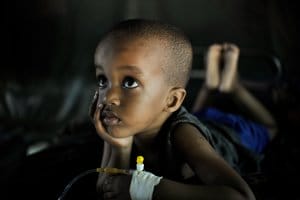
Rachel Feltman of the Washington Post interviewed Dominic Kwiatkowski about our newly-discovered gene locus that can explain why, in communities where everyone is constantly exposed to malaria, some children develop severe malaria and others don’t.


Rachel Feltman of the Washington Post interviewed Dominic Kwiatkowski about our newly-discovered gene locus that can explain why, in communities where everyone is constantly exposed to malaria, some children develop severe malaria and others don’t.